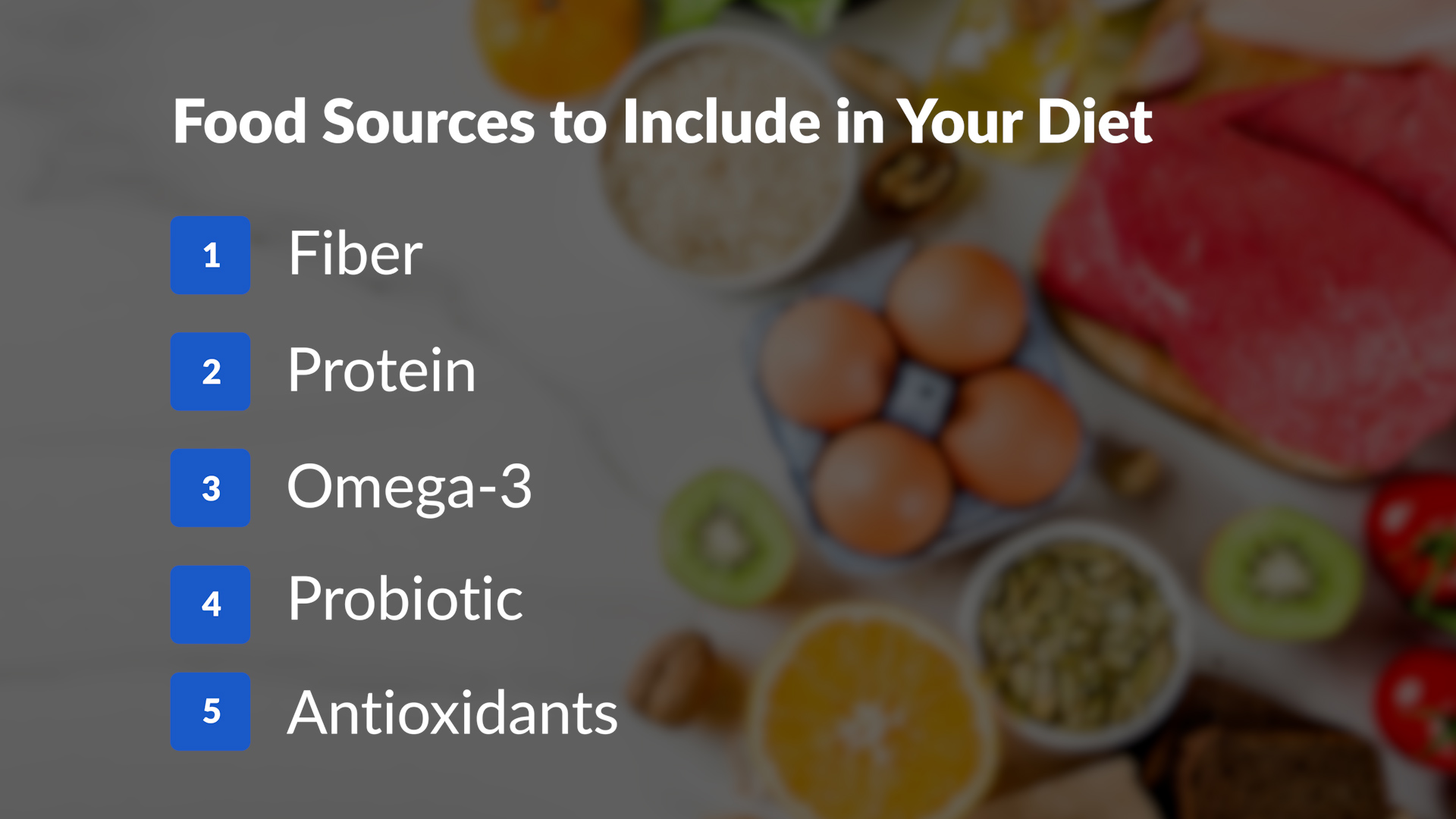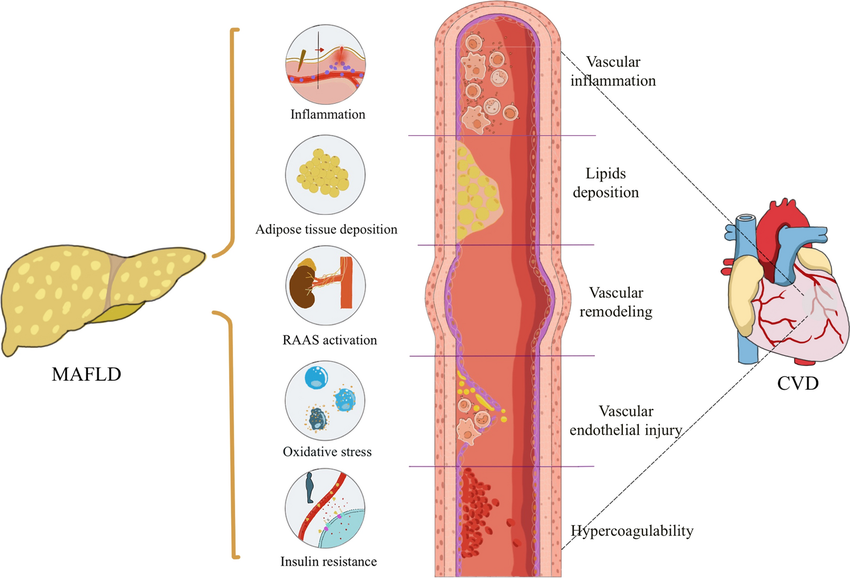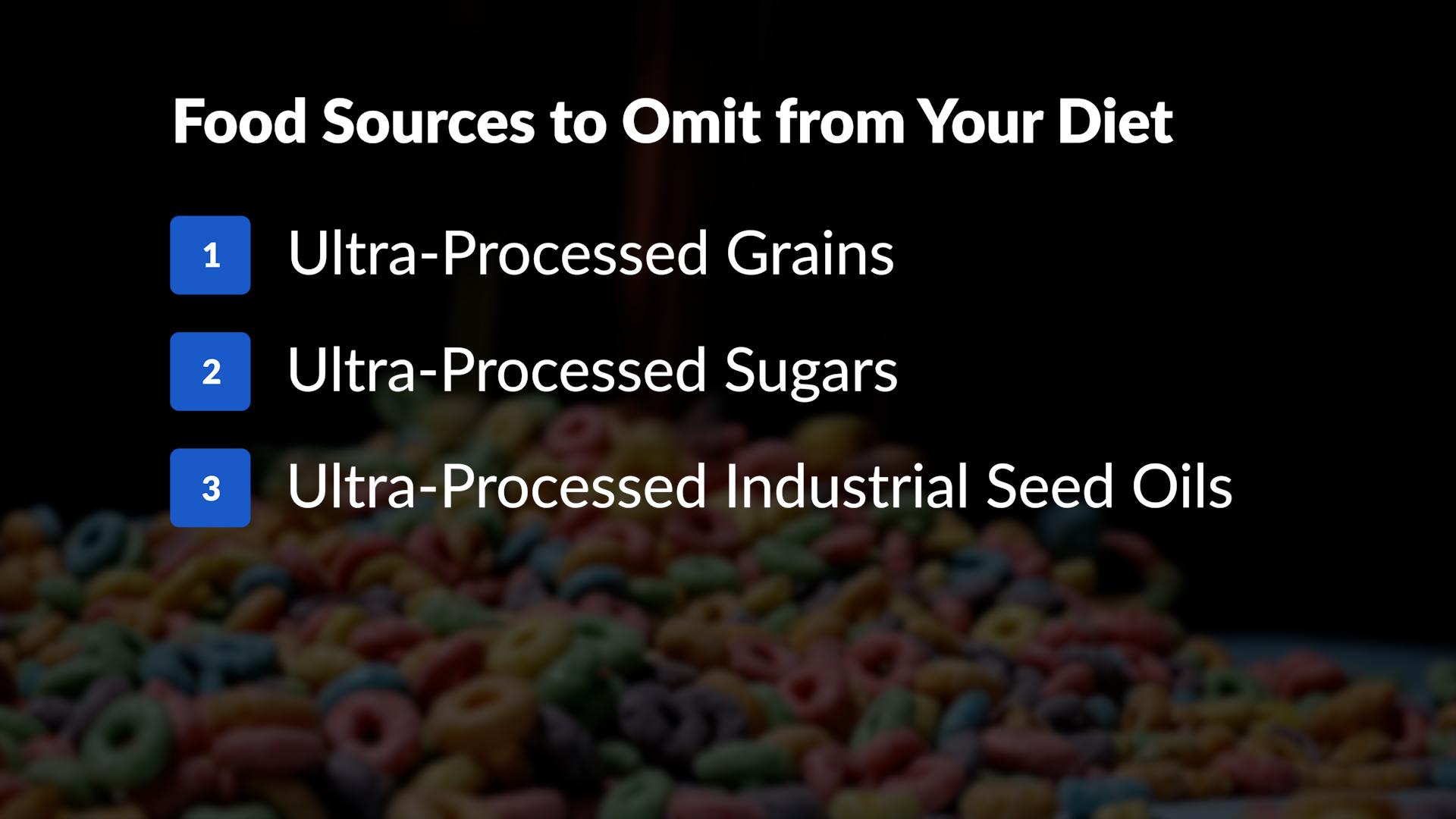Optimize Your Metabolic Health to Prevent Heart Disease & Stroke

All bodies need food. The body converts food into energy daily, and exactly how efficient it is at accomplishing this reflects your metabolic health. Thus, in general terms, metabolic health is about how your body transforms food into energy.
An unhealthy diet can contribute to poor metabolic health, making the body insulin-resistant. When this happens, the blood sugar levels stay too high, and the body then releases more insulin in an attempt to compensate. It is a vicious cycle.
Specifically, food causes a rise in blood sugar, which triggers the pancreas to release the hormone insulin. Insulin is responsible for moving sugar out of the blood and into your cells, which require glucose to function. However, if the cells don’t need this much sugar, that extra glucose gets stored eventually as fat.
Perhaps worse, insulin resistance is often accompanied by chronic inflammation that can lead to serious health problems, including heart and vascular disease.
Today, there is a significant interest in this area of medicine. Doctors are more aggressively addressing cardiometabolic health: the way your metabolic health impacts your heart health.
Metabolic syndrome is a condition that is defined by a cluster of risk factors. The U.S. guidelines for a diagnosis of metabolic syndrome are met if three of these five criteria are true. However, if any of these factors are met, your metabolic health may not be optimal. Do You Know Your Numbers?
Waist Circumference
A waist of 35+ inches for women or 40+ inches for men (or ethnically adjusted equivalent)
Triglycerides
A triglyceride level of at least 150 mg/dL
HDL Cholesterol
A low HDL cholesterol of less than 50 mg/dL for women or less than 40 mg/dL for men
Blood Pressure
At or above 130/85
Taking blood pressure medicine
Blood Sugar
Fasting blood sugar of 100 mg/dL or higher
HbA1C > or equal to 5.7%
Type 2 diabetes
Treatment for type-2 Diabetes
MASLD (Steatotic Liver Disease) ( Watch: Can You Elaborate on Fatty Liver Disease and Cardiovascular Disease?)
Alcohol use interacts with cardiometabolic risk factors and impacts risk.
Identified by imaging or biopsy
Meeting any of the criteria for metabolic syndrome should be addressed to reduce the risk of heart disease, type-2 diabetes, stroke, and certain cancers, among other diseases.
Making simple changes to your diet and lifestyle can decrease your risk of developing high blood pressure, high cholesterol, and diabetes and becoming overweight or obese — all factors that contribute to increased risks for heart attack and stroke.

Zhou, Xiao-Dong et al. (2022). Metabolic dysfunction-associated fatty liver disease and implications for cardiovascular risk and disease prevention. Cardiovascular Diabetology. 21. 10.1186/s12933-022-01697-0.
How to Build a Metabolically Optimized Meal
Optimize your meals for metabolic health by implementing five simple strategies into every meal.
#1 Minimize Sugar & Processed Grains (white flour, corn grits, white bread, and white rice)
#2 Include Fiber
#3 Include Omega-3s
#4 Include Micronutrients & Antioxidants
#5 Include Probiotics
“Focus on what foods to include in your meal rather than what you should not eat. There are endless possibilities (for example, see these four great recipes from our friends at Levels),” Keri Sprung, Vice President for Education and Women’s Center Director.

(-) Minimize Sugar & Processed Grains!
This is one of the most important steps to optimizing your metabolic health.
Eating too much sugar and processed grains can make you feel sluggish, and long-term consumption of these foods can make you more likely to get sick. These foods can increase your blood sugar levels, immediately affecting how you feel and how much energy you have. In fact, years of consuming too much sugar and processed grains can increase your risk of developing diseases like diabetes and heart disease. Consistently high sugar intake can also cause infertility.
Read labels before you buy any packaged foods and, as much as possible, avoid consuming processed foods that contain “added sugar.” You will get plenty of dietary sugar from whole fruits when you eat foods rich in micronutrients and antioxidants from the list below. You rarely need to add any sugar if you include fruits from this list. Simple tricks include:
Instead of rice, consider…
Broccoli rice
Cauliflower rice
Instead of semolina flour pasta noodles, consider…
Konjac root noodles
Zucchini noodles or “zoodles”
Instead of flour-based crackers, consider…
Seed crackers
Instead of sugary cereals for breakfast, consider…
25 High-Fiber Breakfast Ideas for a Healthy Stomach
(+) Fiber
Fiber is a type of carbohydrate that doesn’t break down the same way as other carbs. It doesn’t get absorbed by our bodies and actually helps slow down how quickly our bodies absorb glucose, which is good for our overall health. Fiber also helps reduce inflammation in our digestive system and provides important benefits for the bacteria in our gut, which is important for keeping our bodies healthy.
Avocado
Black beans
Bok choy
Broccoli
Cauliflower
Cabbage
Chia seeds
Basil seeds
Kale
Lentils
Lupini beans
Chickpeas
Pinto beans
Watercress
(+) Omega-3s
Omega-3 fatty acids are really important for our cells. Three main types of omega-3s are alpha-linolenic fatty acid (ALA), eicosapentaenoic acid (EPA), and docosahexaenoic acid (DHA). These fats can help us by reducing inflammation, making our hearts healthier, and making our bodies more sensitive to insulin.
Basil Seeds
Chia Seeds
Flaxseeds
Mackerel
Salmon
Sardines
Walnuts
(+) Micronutrients & Antioxidants
Many adults in the U.S. do not consume enough micronutrients, which are important vitamins and minerals for our body. These micronutrients are necessary for our mitochondria to produce energy for our cells and other important bodily functions. Antioxidants are substances that help protect our body from damage caused by oxidative stress. Oxidative stress can increase the chances of developing diseases like cancer, diabetes, and neurodegenerative disorders.
Arugula
Asparagus
Beets
Bell peppers
Berries
Boy choy
Brussels sprouts
Cauliflower
Carrots
Celery
Cherries
Chives
Collards
Cucumbers
Garlic
Ginger root
Green beans
Green cabbage
Green onions
Lemon
Mushrooms
Napa cabbage
Okra
Olives
Onions
Orange
Pomegranate
Purple cabbage
Radicchio
Shallots
Spinach
Tomato
Turmeric
Zucchini
(+) Probiotics
Probiotics are special foods that have tiny living bacteria in them. These bacteria are really important for helping your body digest food and stay healthy. Eating foods with probiotics often can help prevent problems like food allergies and digestive troubles. Some foods that have lots of probiotics are fermented foods. These foods can help make the bacteria in your gut more diverse and reduce swelling in your body. Many of these items are great ingredients for healthy sauces or dressings.
Kombucha
Kefir
Kimchi
Miso
Sauerkraut
Vinegars (i.e., apple cider vinegar)
Yogurt (Greek or plain unsweetened)
Keep learning about nutrition, try our favorite Mediterranean Diet, and check out this simple (& beautiful) Food Cheat Cheat.
Until Next Time!

This blog post includes the metabolic food framework presented here by Dr. Casey Means, author of Good Energy: The Surprising Connection between Metabolism and Limitless Health and co-founder of Levels. You can see more about her views on metabolically healthy meals in this post and this post.
Thank you to Keri Sprung for her contributions to this issue of Straight Talk.




